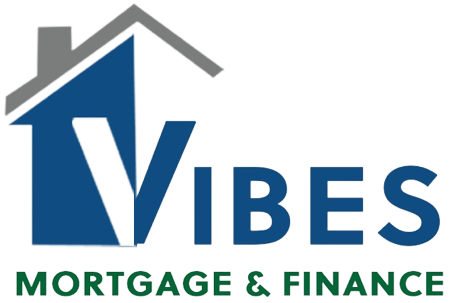The Pros and Cons of Refinancing Your Home

The Pros and Cons of Refinancing Your Home
Refinancing your home loan can be a smart financial move—whether you’re
looking to lower your monthly repayments, unlock equity, or switch to a better interest rate. However, it’s not
always the right choice for everyone. Before making a decision, it’s essential to weigh the benefits and
potential drawbacks of refinancing.
Below, we break down the key pros and cons of refinancing your home loan to
help you make an informed decision.
✅ Pros of Refinancing
1. Lower Interest Rates and Monthly Repayments
One of the biggest reasons homeowners refinance is to secure a lower interest rate. A
lower rate can reduce your monthly repayments and save you thousands over the life of your loan.
- Better loan terms: Switching to a lower rate can help you pay off your loan faster.
- Reduced financial strain: Lower repayments can improve your cash flow and budgeting.
- Competitive market: Banks and lenders regularly update their rates—refinancing lets you
take advantage of the best deals.
2. Access to Home Equity
Refinancing allows you to tap into your home’s equity, giving you access to extra
funds for renovations, investments, or other financial goals.
- Home improvements: Upgrade your property and increase its value.
- Debt consolidation: Pay off high-interest debts like credit cards and personal loans.
- New investment opportunities: Use equity to invest in property, shares, or business
ventures.
3. Flexible Loan Features
Refinancing can give you access to more flexible loan features that weren’t available
with your original loan.
- Offset accounts: Reduce the interest you pay by offsetting your savings against your loan
balance. - Redraw facilities: Access extra repayments if you need funds in the future.
- Fixed vs. variable rates: Choose a loan structure that suits your current and future
financial needs.
“Refinancing can be a great
way to unlock savings and improve financial flexibility, but it’s important to consider all factors before
making the switch.”
❌ Cons of Refinancing
1. Refinancing Costs and Fees
While refinancing can save you money in the long run, there are upfront costs that
need to be considered.
- Exit fees: Some lenders charge early termination fees, especially for fixed-rate loans.
- Application fees: Setting up a new loan may involve establishment and valuation fees.
- Legal and conveyancing costs: Additional paperwork and legal fees may be required.
2. Extended Loan Term Could Cost More
If you refinance to a new 30-year loan, you may end up paying more in interest over
time, even with a lower rate.
- Longer commitment: Extending your loan term means you stay in debt for longer.
- Total interest paid: Even at a lower rate, a longer loan term could result in higher total
interest costs. - Reduced equity: If you access your home’s equity, you may owe more on your property,
impacting future financial flexibility.
3. Market Risks and Rate Changes
Interest rates fluctuate, and refinancing now may not guarantee long-term savings.
- Variable rate risks: If rates increase in the future, your repayments could rise
unexpectedly. - Fixed-rate limitations: If you refinance to a fixed rate, you might miss out on rate drops.
- Property market shifts: Changes in property values may affect your refinancing options in
the future.
Final Thoughts
Refinancing can be a game-changer for many homeowners, but it’s important to weigh
the costs and benefits before making a move. If you’re considering refinancing, take the time to compare
lenders, explore new loan features, and crunch the numbers to ensure it aligns with your financial goals.
Not sure if refinancing is right for you? Our mortgage experts can help you assess your options and find the
best loan to suit your needs. Contact us today for a free
consultation.
